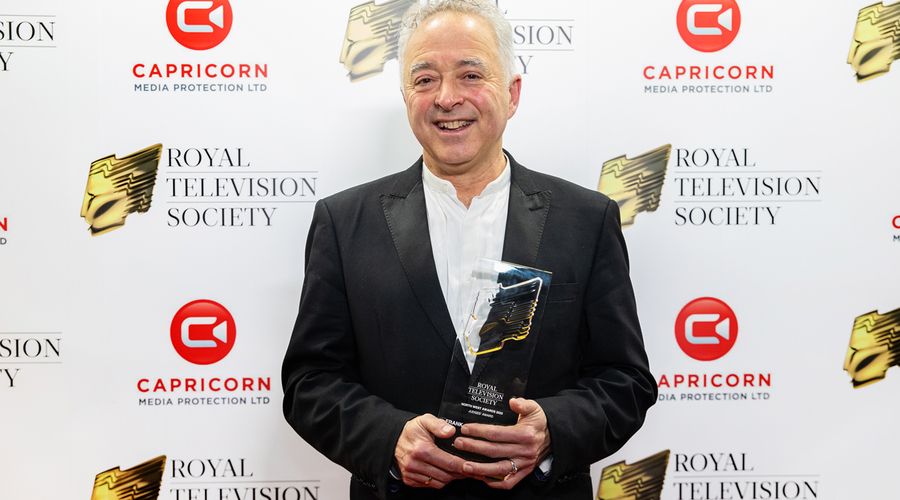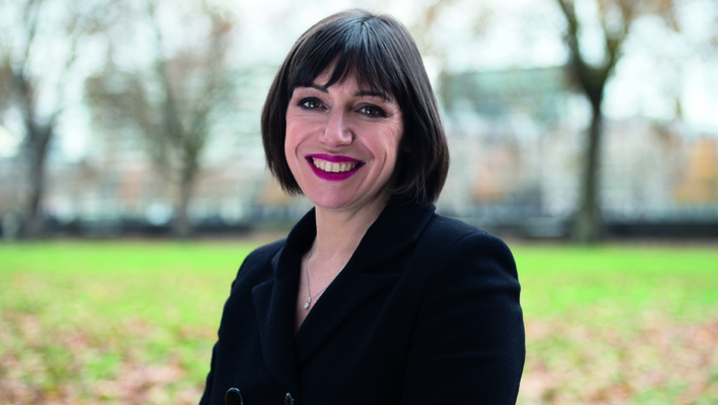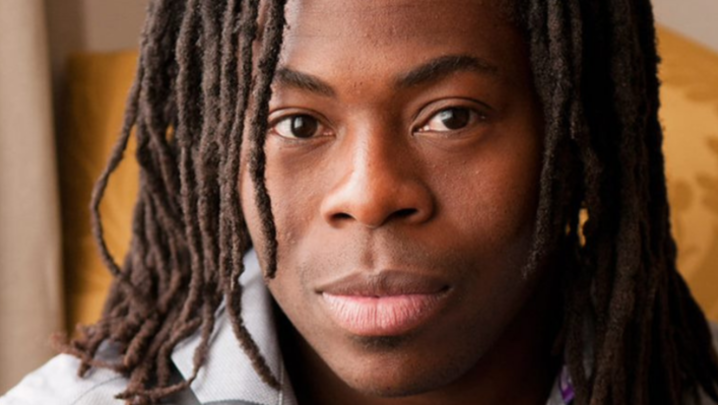Frank Cottrell-Boyce tries to find that story he always wanted to write...
I’ve got two films coming out this year so it’s going to look as if I’m really busy. In fact, one of them was written in 2006 and the other in 2009. Years of frustration and fiddling are now behind me.
At the end of last year, I was working frantically on a film and my new book. I finished the book, and the film was placed in a medically induced development coma. I know it will be woken from sleep any day but, for now, for the first time ever, I could just, you know, write. I could write that thing that I have always wanted to write. Face the blank page at last.
In the office, I root in the drawers for the notes I wrote about that thing that I have always wanted to write. These drawers. The state of them. You’d need to be Howard Carter to uncover any wonderful thing in here. Phone cards. Mini-discs. DVDs. Floppy disks. And, look! My first paid work. A hilarious anecdote about my little sister that I sent to the comic Sparky when I was eight.
By now, the shades of night are falling. I’ve cleared two of the six drawers. In bed, I look up at the ceiling wondering if that thing that I always wanted to write is up in the loft. Or maybe in the shed. Beautifully laid out in a piece of outdated technology and utterly irretrievable.
I interviewed the Waterloo Road actor Angela Griffin at the new Shakespeare North Playhouse in Prescot. (The auditorium is extraordinarily beautiful. Made entirely of oak, it even smells exciting.)
Angela is the first woman of colour to be a regular character on Coronation Street. She’s a thrilling presence, talking passionately – but without a trace of anger – about how being working class is now as much of a barrier to working in TV as race is, and what she is going to do about it. She’s always working.
We talk about the fact that this is partly because she is terrified of saying no to anything. That’s a working-class thing, a kind of devouring gratitude. I definitely suffer from that, too. That’s why I haven’t yet written that thing I always meant to write.
Angela waxes lyrical about the great days of Granada and how the building on Quay Street – now the home of Nicola Shindler’s extraordinary production company – really was a buzzing hub of talent, a real-life Northern Powerhouse.
We talk about all the people we knew there, who have gone on to do mighty deeds – Russell T Davies, Sally Wainwright, Paul Abbott, the late Kay Mellor. I agree that we were highly blessed to have been in such company but, secretly, I’m wondering how they did it when there are so many drawers to tidy.
Every term, I lecture to creative writing students at Liverpool Hope University. I’ve hung out on the sets of huge movies, walked up the red carpet at Cannes, but I have never ever felt impostor syndrome the way I feel it every time I stand in front of these students.
All the time I’m talking, I’m painfully aware that I’m not so much telling them the secret of my success as describing the rocks on which I perished – write the thing you really want to write. Keep your drawers tidy.
For some reason, as I walk in on that snowy morning, I decide not to lecture at all but to gather them all together and try to recreate a studio writing room.
You’re on the lot at Pixar. I’m the studio head. We’re going to make Pixar Little Red Riding Hood. The room lights up. Ideas go back and forth. Best of all, everyone contributes. I feel for the first time in weeks the absolute, ancient yet never-ageing buzz of making up stories.
I walk out thinking of a story myself. About a writer who saves the best story of his life to a floppy disc in his youth. He finds the disc, but has to go on a quest to find someone who can retrieve the information it stores. I could call it Permanent Fatal Error.
Frank Cottrell-Boyce is a screenwriter and novelist, known particularly for his children’s fiction.






